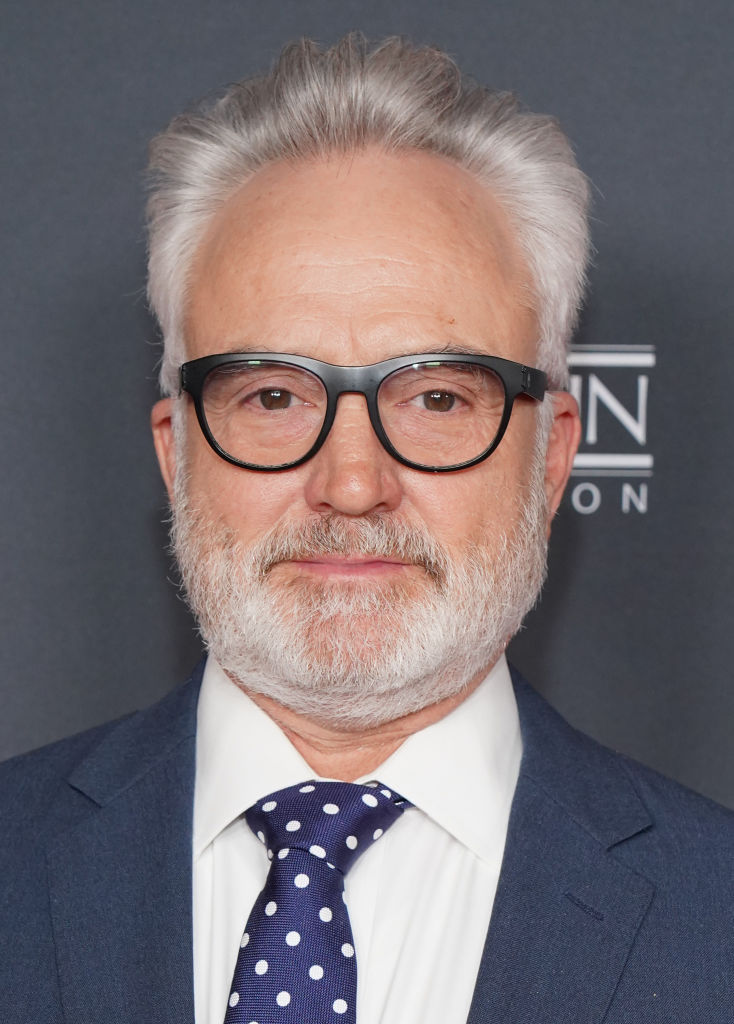
- Interviews
HFPA in Conversation: Bradley Whitford, from Washington to Gilead
Golden Globe-nominated Bradley Whitford understands why The Handmaid’s Tale – in which he plays Commander Joseph Lawrence – fascinates people. “Part of the reason Handmaid’s Tale resonates is because misogyny is at the reptilian brainstem of white nationalist, rightwing ideology. It is not a bug; it is actually the future. There is a reason the most qualified human being ever to run for president lost to the least qualified person and that is part of the reason that the show resonates because people see this,” Whitford tells HFPA journalist Vera Anderson.
Regardless, actor-activist Whitford describes himself as an optimistic person. “I have always felt that rightwing thinking, their publicity and their strategies to manipulate us are always in a losing race against the bankruptcy of their ideas. And I think people are recognizing that. All of rightwing economic policy is based on this Orwellian idea that the rich are victims, which is insane. The rich are not victims.”
He learned to be outspoken early on, around the same time as he realized he enjoys acting.
“I did an anti-smoking skit in 6th grade with my dog. Then I played Teddy Roosevelt in Arsenic and Old Lace in 7th grade. After that, I was in as many plays as I could possibly be without ever thinking there was a possibility of me making a living at this. End of college I applied to an acting school and I got in and I realized oh wow, I guess you’re going to try and do this.”
14 years after he first appeared on television as Josh Lyman, the sharped-minded know-it-all White House Deputy Chief of Staff on The West Wing.“It was an experience that was beyond my wildest expectations. On several levels, it’s one thing to have the creative experience of your life, that group of actors and Aaron, absolutely on fire, writing for everybody. And then it was actually about something that caught on culturally and it had a mission. There was humor and the characters had emotional life and the show was about something I really believed in, which is that politics is where you create your moral vision. I truly, deeply believe that.”
How does he see his transformation from The West Wing to The Handmaid’s Tale? “If you think about how our politics have changed, that does seem to be mirroring a downward trajectory. In other words, all that I’m doing is not helping at all. But I do think it is a powerful aspect of what storytelling can do which is to put heart, muscle, and blood on important social issues.”
Listen to the podcast and hear why he enjoys Perfect Harmony after The Handmaid’s TalThe West Wing is coming back; what he learned about storytelling from Aaron Sorkin and about the movie industry from Clint EastwoodThe West Wing